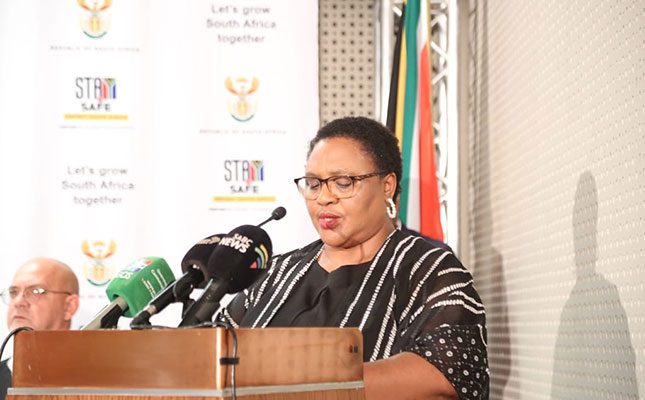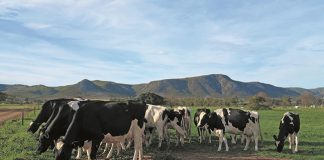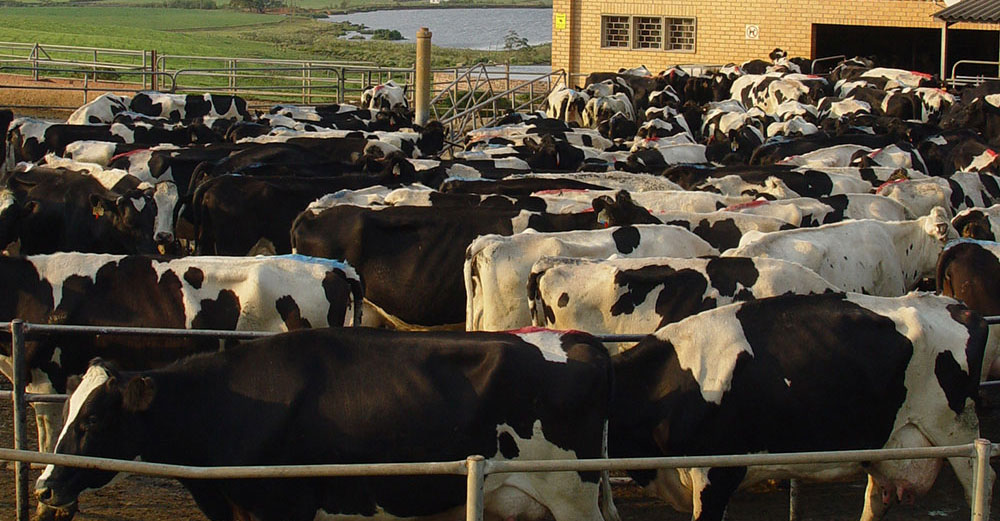
Much scepticism however surrounds these figures since the Department of Agriculture, Land Reform and Rural Development (DALRRD) has yet to produce an audited list of land claims.
The figures were given at a media briefing in Pretoria on Monday night by DALRRD minister Thoko Didiza. Outlining research findings on the land restitution programme, she said that between 2019 and 2023, a total of 1 494 claims were settled.
READ Nearly R2 billion spent on failed land reform
Beneficiaries were given an option between money or land transfers. Didiza said that since the inception of the land restitution programme, a total of 83 067 land claims had been settled between 1995 and 2023, which equates to 94% of the old-order claims that have been successfully settled.
About 2,3 million people have benefitted from the restitution.
Speaking to Farmer’s Weekly, Dr Theo de Jager, chairperson of the Southern Africa Agri Initiative (SAAI) said the numbers did not add up. “In his State of the Nation address, Cyril Ramaphosa said that 25% of South Africa’s land has been redistributed to black ownership.
That’s far more than 3,9 million hectares. Research about land ownership further shows that 26% of all land belongs to the state. That means only 41% is in the hands of white people.”
Both SAAI and the DA have been to court to order Didiza to make the list of land claims listed in the Government Gazette between 1998 and 2021 available so that the true state of land claims can be evaluated. Didiza has yet to comply with the High Court order.
The DA’s former shadow minister for agriculture, Annette Steyn, had during her tenure personally gone to DALRRD’s offices to view the land administration database, records of lease agreements and the database of all Proactive Land Acquisition Strategy (PLAS) farms.
She was however refused entry and her request denied despite the fact that she was a Member of Parliament with full oversight responsibilities.
De Jager said that without such a list, it was impossible to hold the department to account over whether land claims with actual claimants existed, or any progress had been made.
“There is a very good reason why government refuses to comply with the court order: it will block possible opportunities to fraudulently add more claims.”
He cited the Akkerland case, where land was expropriated without compensation (EWC). It was later found that no land claimants existed and therefore had no constitutional basis for EWC.
Since the land held significant mineral reserves, it was speculated that the land was wanted for mining purposes.
De Jager said that speculation was rife that DALRRD did not have any complete and verified lists of land claims from which they were working. “If they can’t produce a list – as ordered by the court – then how can they measure progress? There has never been a formal audit of any figures.
How can something so fundamental to our country be so poorly documented? We need an independent audit – South Africa is owed that.”












